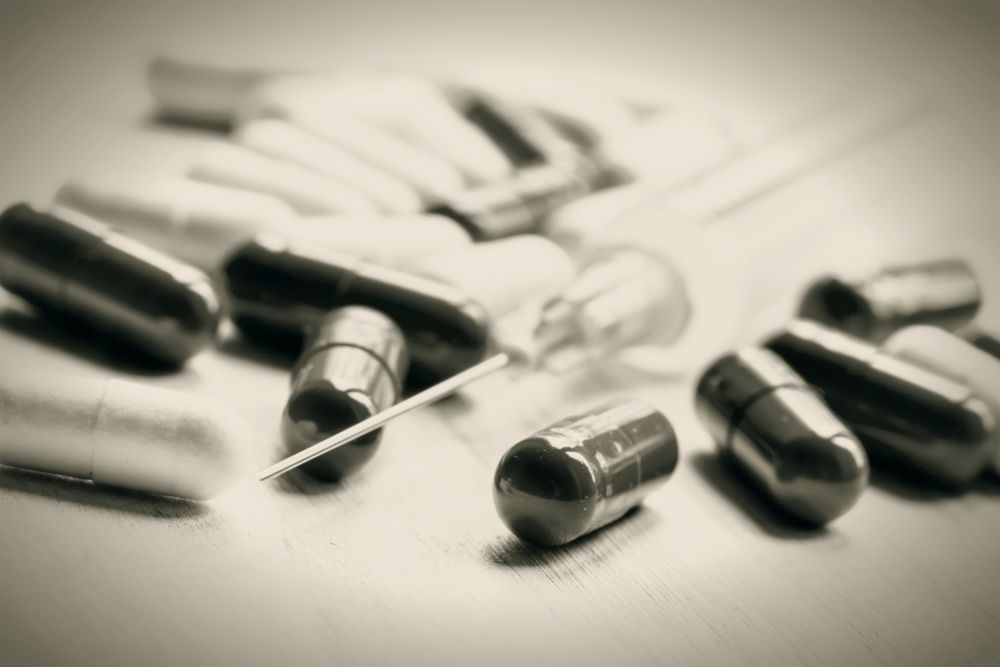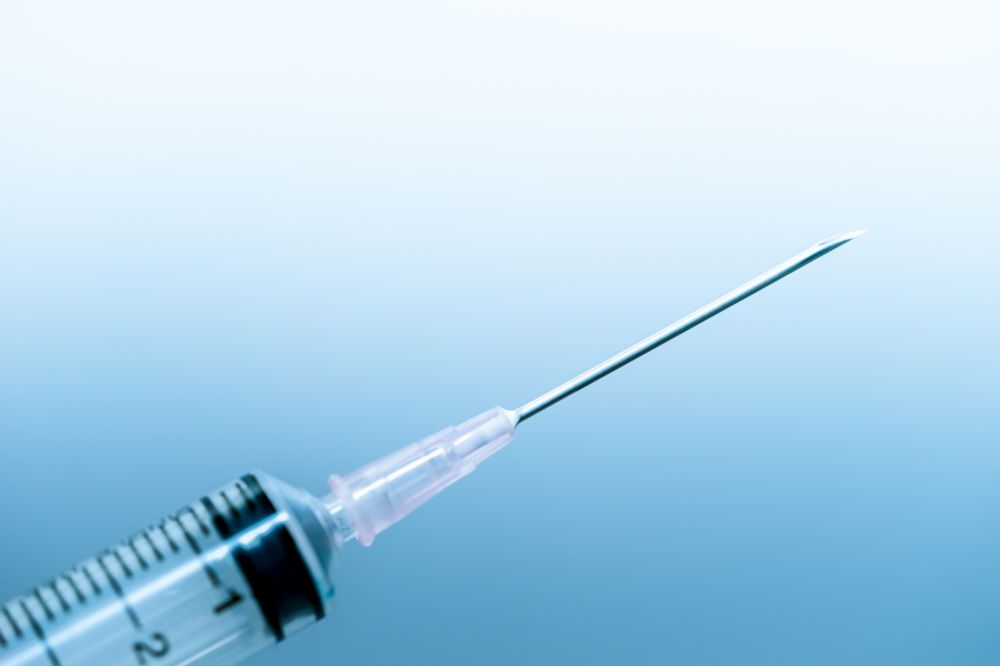Decreased rate of drug tests could lead to skewed post-COVID-19 results
Through September last year, more than 231,000 drug tests had been administered, but the numbers for 2020 sit at just 111,000

A recent article in the New York Times looks at drug testing throughout the pandemic, and the numbers are disappointing. Through nine months in 2019, anti-doping agencies around the world tested a collective 231,000 blood and urine samples from athletes. In 2020, that number dropped to just 111,000 tests worldwide. Drug testing has taken a backseat to the coronavirus for much of this year, and anti-doping officials have said some athletes have undoubtedly used this time to dope with the lowered risk of getting caught. These athletes will benefit from the drugs long after the substances become undetectable in their systems, and it could impact race results for the next few years.
There is no way to sugarcoat this — 2020 was a great year to dope and not get caught. via @NYTimes https://t.co/o1rGRbw093
— Matt Futterman (@MattFutterman) October 23, 2020
A lack of trust
At the start of the pandemic, the Canadian Centre for Ethics in Sport (CCES) first limited its tests and then cut testing altogether. This was the case in most countries, and since there were no competitions for several months, athletes who were inclined to cheat had a great window of opportunity to do so. As reported by the Times, at the height of the pandemic and worldwide lockdowns in April, anti-doping agencies collected just 576 tests. In April 2019, those same agencies collected more than 25,000 tests. In the past few months, most countries have reopened and loosened their COVID-19 restrictions, so testing has picked up again, but it’s hardly back to where it was before the pandemic.
RELATED: Canadian doping tests on hold during COVID-19
It would be wonderful if all elite athletes followed the rules and took the honourable route of training hard and refusing to take performance-enhancing drugs, but that is, of course, not the case, and Travis Tygart, the CEO of the United States Anti-Doping Agency (USADA), said he knows at least a portion of the testing pool is cheating. “It would be naïve for us to think people have not taken advantage this time,” he said.
❗ Athletes ❗ Don't forget to familiarize yourself with key changes made to the 2021 WADA Prohibited List. #CleanSport https://t.co/eaIGd1n4yp
— USADA (@usantidoping) October 22, 2020
In a study conducted by the University of North Carolina at Greensboro and USADA, more than 1,400 athletes in the USADA testing pool were surveyed anonymously. Of those surveyed, close to 10 per cent said they had used performance-enhancing drugs in the last 12 months. Only 42 per cent of these athletes said they considered integrity in sports to be more important than financial gain.
RELATED: Tell-all book by former Russian anti-doping director set for release
While these numbers aren’t necessarily good, Tygart told the Times that they are encouraging, as similar studies conducted in recent years have seen up to 40 per cent of respondents anonymously admitting to doping. Still, even though many of the athletes surveyed said they haven’t doped, more than half of them said they believe that international athletes have likely taken performance-enhancing drugs since the start of the pandemic.

Lasting benefits
There have been few competitions in any sports this year, but the benefits an athlete receives from doping can last up to four years. This means anyone who doped during the pandemic will have an illegal edge heading into the Tokyo Olympics next summer, plus any other competitions over the next few years.
RELATED: Speed River athlete given two-year suspension for anti-doping violation
“That is why we have a four-year ban for many of the people we catch. So the benefit will no longer be there,” said Canadian Dick Pound, the founding president of the World Anti-Doping Agency. Unfortunately, it’s likely too late to catch any athletes who have cheated in the last few months, and unless they continue to take performance-enhancing drugs, their actions will probably go undetected and unpunished.


